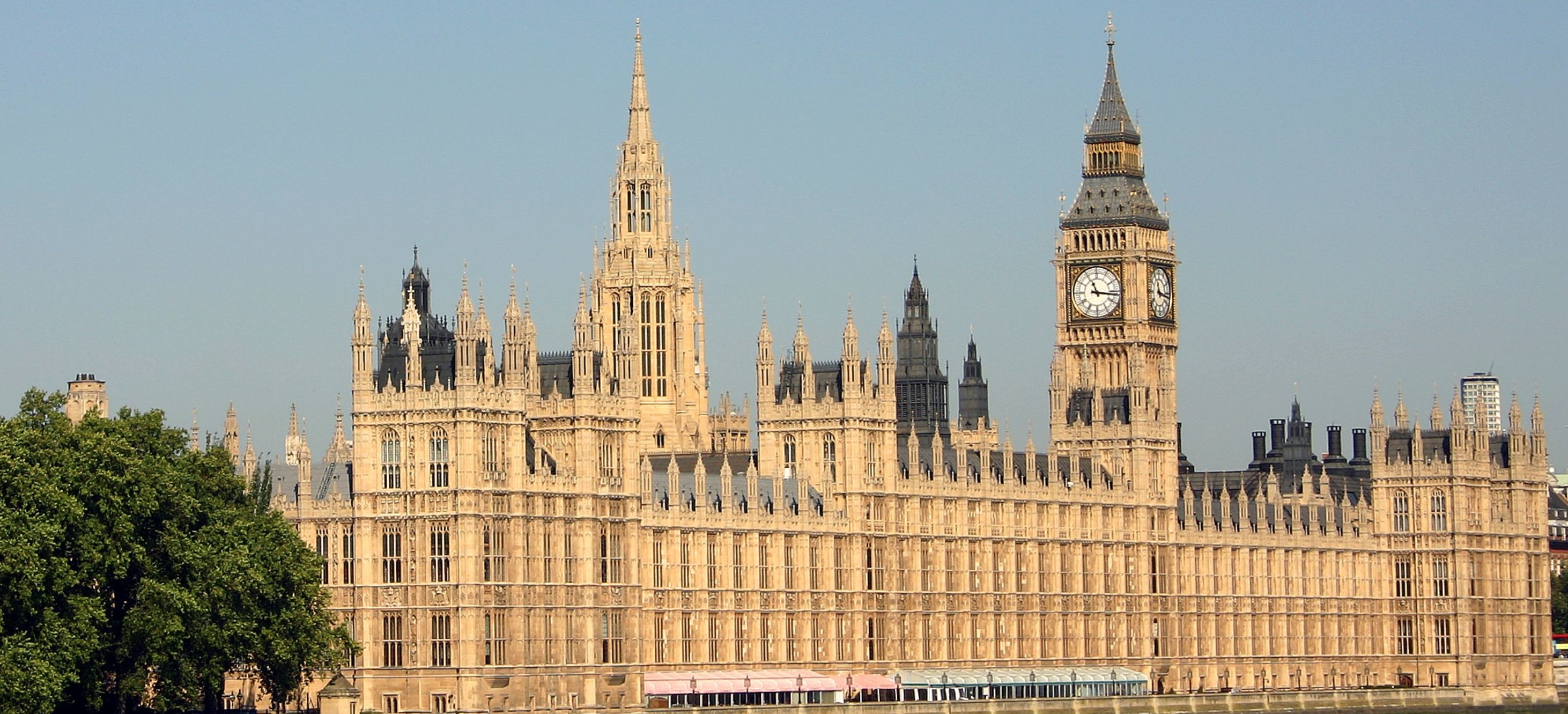A coalition of almost 20 MPs and Members of the House of Lords, spearheaded by leading Conservative backbench MP, Henry Smith, is calling on the Government to greenlight the widespread deployment of new energy and water-saving technologies.
The cross-party coalition, which includes the Chair of the House of Lords’ Environment and Climate Change Committee, Chair of the Fuel Poverty and Energy Efficiency All-Party Parliamentary Group and former Leader of the Liberal Democrats, Tim Farron MP, has today written to the Chancellor asking him to “carefully consider” the widespread implementation of these technologies.
At the heart of the campaign lies a clear message – for the UK to commit to a “widespread implementation of water-saving technologies, which have been proven to lower household water and energy bills, address water scarcity and nitrate concerns and tackle carbon emissions.”
Central to their argument is that current policy “completely misses the fact” that up to 40% of energy used in an average household is used to heat water and yet currently no Government scheme tackles this.
The use of water efficiency technologies could see household energy bills decrease by nearly £400 in some cases – with devices costing under £170 to install, meaning savings are made in less than six months per household. Importantly, and contrary to popular belief, these high-spec technologies do not restrict water flow. Rather, contemporary devices adeptly manage water flow, minimising fluctuations in water pressure and in most cases, households remain oblivious to their presence.
The letter was lodged just after the Government's attempts to do away with nutrient neutrality laws through the Levelling Up and Regeneration Bill, were thwarted in the House of Lords due to opposition concerns.
Fittingly, the coalition emphasises in its letter the urgency of the nation's housebuilding dilemma, where approximately 120,000 new build homes are mired in development limbo due to concerns over water stress and elevated nitrate levels in local water catchment areas. By extensively implementing water efficiency technologies the coalition asserts that the Government “can not only resume paused developments but also mitigate the environmental impact of nitrates reintroduced into rivers and streams through wastewater processes.”
The Government has committed to achieving net zero by 2050. It is widely recognised that the decarbonisation of the UK’s homes and buildings will play a vital role in ensuring this statutory target is hit. Yet, concerns surrounding the cost efficiency of the Government’s net zero agenda and the potential disruption caused to consumers are causing policymakers to assess how we get there.
Big problems don’t necessarily require big solutions, with the coalition calling on the Government to think outside the box: “During a time of deep uncertainty surrounding the cost of everyday energy usage, we must consider the role of new and emerging technologies [sic]. Rather than focusing solely on a supply-side approach, it is prudent to tackle demand.”
With the efficacy of cutting-edge water-saving technologies backed up by academic institutions such as the University of Liverpool and supported by evidence from the Drinking Water Inspectorate and Natural England, the coalition will hope that their calls for the wider adoption of water efficiency technologies will get the Government to act.

